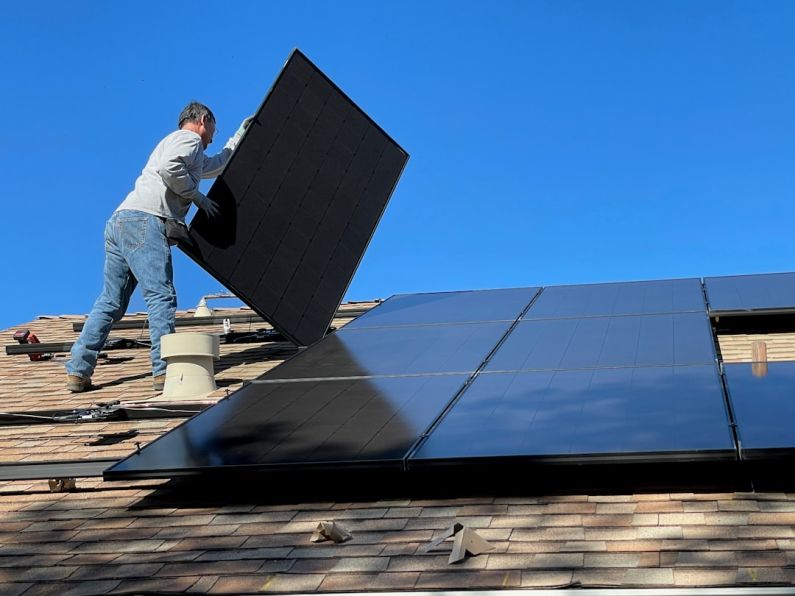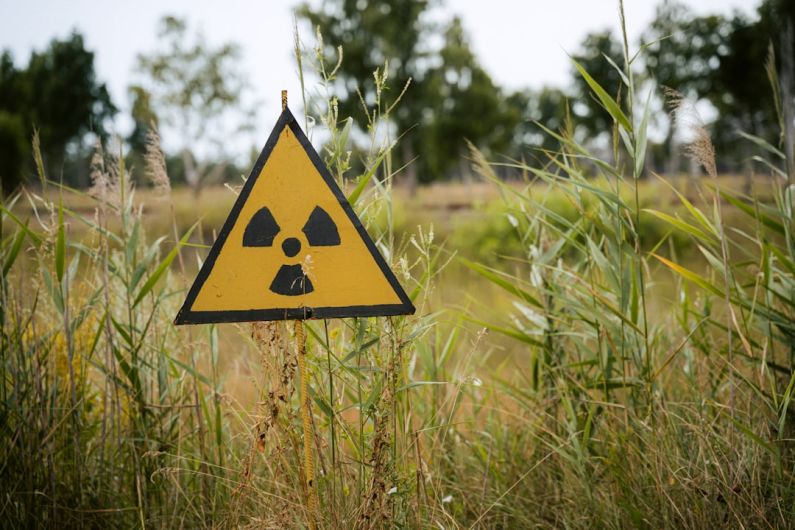How Can You Reduce Energy Use at Home?
In today’s world, being conscious of our energy consumption is not only important for the environment but also for our wallets. With rising energy costs and the increasing demand for sustainable living, finding ways to reduce energy use at home has become a top priority for many homeowners. Fortunately, there are several simple and effective strategies that can help you lower your energy consumption and make a positive impact. Let’s explore some of these strategies:
Power Down Unused Electronics
One of the easiest ways to reduce energy use at home is by turning off and unplugging electronics that are not in use. Many household appliances and devices continue to consume energy even when they are turned off but still plugged into an outlet. This phenomenon is known as “vampire power” or “phantom load.” By simply unplugging devices like televisions, computers, and phone chargers when they are not in use, you can significantly reduce your energy consumption.
Upgrade to Energy-Efficient Appliances
Another effective way to reduce energy use at home is by upgrading to energy-efficient appliances. Older appliances tend to be less energy-efficient, consuming more electricity than their modern counterparts. By investing in energy-efficient models, such as refrigerators, washing machines, and dishwashers, you can save a substantial amount of energy and reduce your utility bills in the long run.
Seal Leaks and Insulate
Proper insulation and sealing any air leaks in your home can have a significant impact on your energy consumption. Insulation helps to keep your home cool in the summer and warm in the winter, reducing the need for excessive heating or cooling. Additionally, sealing air leaks around windows, doors, and ductwork prevents the escape of conditioned air, ultimately reducing energy waste.
Utilize Natural Lighting
Maximizing the use of natural lighting in your home is not only aesthetically pleasing but also energy-efficient. Open curtains and blinds during the day to allow sunlight to illuminate your home, reducing the need for artificial lighting. Additionally, consider installing skylights or light tubes in rooms with limited windows to bring in more natural light.
Adjust Thermostat Settings
Heating and cooling account for a significant portion of a home’s energy consumption. By adjusting your thermostat settings, you can reduce energy use without sacrificing comfort. During the winter, lower the thermostat by a few degrees and wear warmer clothing or use blankets to stay comfortable. In the summer, raise the thermostat and utilize fans to circulate air and create a cooling effect. Programmable thermostats are particularly helpful in automatically adjusting temperatures based on your schedule and preferences.
Opt for Energy-Efficient Light Bulbs
Replacing traditional incandescent light bulbs with energy-efficient alternatives, such as LED or CFL bulbs, is a simple yet effective way to reduce energy use at home. Energy-efficient light bulbs consume significantly less energy and last much longer than traditional bulbs, resulting in lower energy bills and fewer replacements.
Conclusion:
Reducing energy use at home is an important step towards a more sustainable future. By implementing these strategies, you can not only lower your energy consumption but also contribute to a healthier environment and save money on your utility bills. So, why wait? Start making small changes today and enjoy the benefits of a more energy-efficient home.






